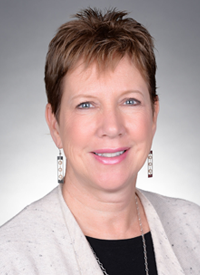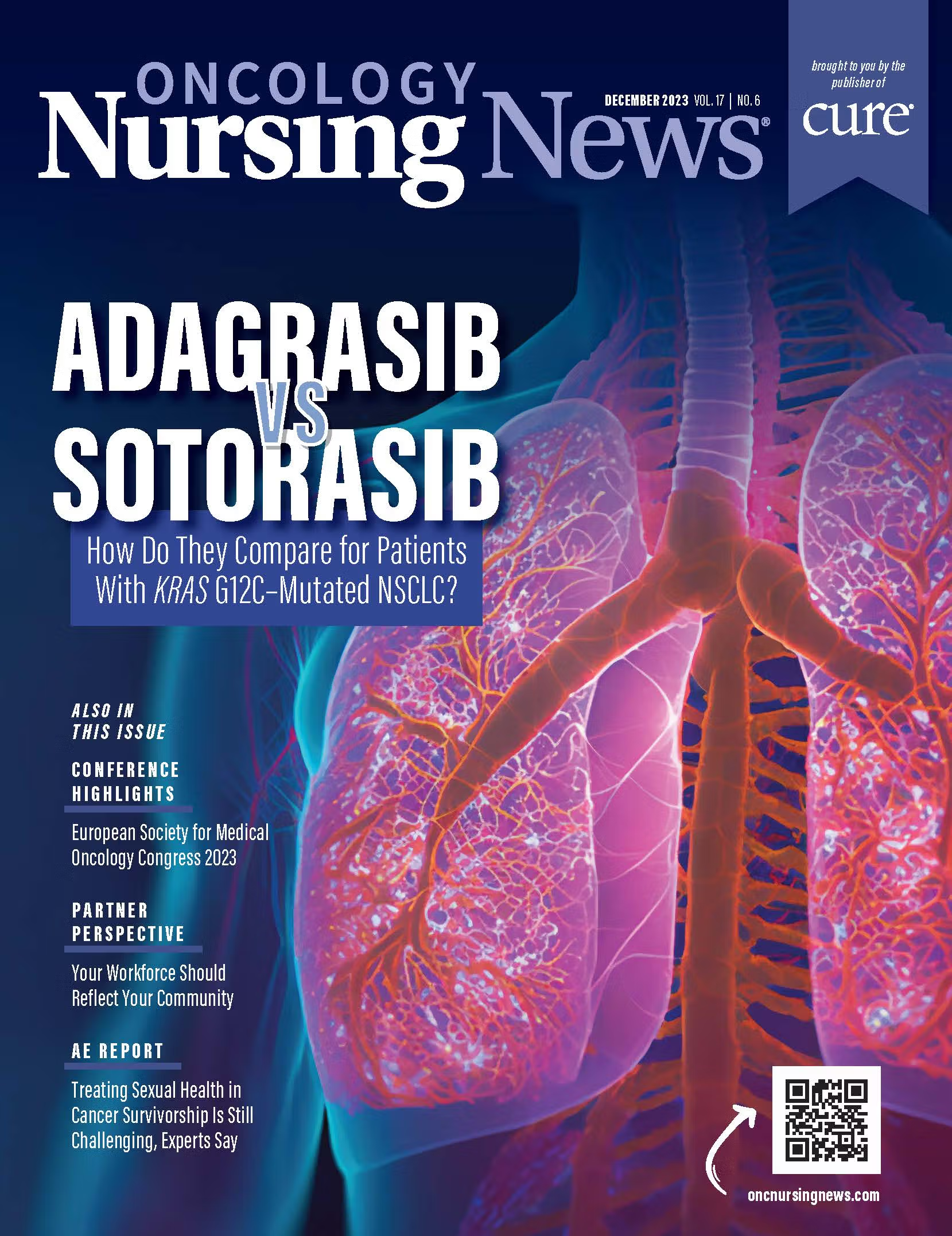Safety Matters When Working With Hazardous Drugs
Delivering hazardous drugs safely is complex but essential for the welfare of our health care workers and our patients.
Patricia Jakel, MN, RN, AOCN

ONCOLOGY NURSES WHO administer hazardous drugs (HDs) such as chemotherapy, immunotherapy, vaccines, and targeted therapies have an ethical obligation to keep themselves and others safe and free from exposure. For over 50 years, HDs that are known carcinogens have been prepared and administered by health care workers.1 The Centers for Disease Control and Prevention estimates that more than 12 billion doses of HDs are handled annually by health care workers, especially pharmacy and nursing staff.2 In the United States alone, over 8 million health care workers a year are exposed to HDs. These startling numbers, which will only increase as the population ages, should motivate all oncology nurses to stay informed regarding HD safety.2
In 2016, the United States Pharmacopeia (USP) published standards (USP 800) to promote health care personnel, patient, and environmental safety around HDs.2 Most hospitals, infusion centers, and clinics have strived to meet the standards required by USP 800.
The Table includes recommendations on HD safety from the Oncology Nursing Society, the National Institute for Occupational Safety and Health (NIOSH), and USP. I recommend a careful review of the changes for your practice.1-4

How do health care personnel make informed decisions about whether a drug is hazardous? Many nurses and pharmacists have utilized the list from the NIOSH since its publication in 2004.6
NIOSH recommends that institutions adopt a system that allows for a facility-specific list of HDs. In addition, NIOSH suggests the employer assess the hazards of new drugs as they are added to the workplace’s formulary or as new information on potential drug hazards becomes available. This information is available in the NIOSH publication “Managing Hazardous Drug Exposures: Information for Healthcare Settings.”
As the evidence of HD exposure in health care workers has existed for almost 50 years, nurses need to take evidence-based precautions. Delivering HDs safely is complex but essential for the welfare of our health care workers and our patients. Be safe, my fellow oncology nurses.
References
- Olsen M, LeFebvre K, Walker S, Prechtel Dumphy E. Chemotherapy and Immunotherapy Guidelines and Recommendations for Practice. 2nd ed.Oncology Nursing Society; 2023.
- Hazardous drugs–handling in healthcare settings. US Pharmacopeia. Accessed November 8, 2023. https://www.usp.org/compounding/general-chapter-hazardous-drugs-handling-healthcare
- Hodson L, Ovesen J, Couch J, et al. Managing hazardous drug exposures: information for healthcare settings. National Institute for Occupational Safety and Health. April 2023. Accessed November 10, 2023. https://www.cdc.gov/niosh/docs/2023-130/2023-130.pdf?id=10.26616/NIOSHPUB2023130
- Controlling occupational exposure to hazardous drugs. Occupational Safety and Health Administration. Accessed November 10, 2023. https://www.osha.gov/hazardous-drugs/controlling-occex
- Lawson CC, Johnson CY, Nassan FL, et al. CE: Original research: antineoplastic drug administration by pregnant and nonpregnant nurses: an exploration of the use of protective gloves and gowns. Am J Nurs. 2019;119(1):28-35. doi:10.1097/01.NAJ.0000552583.69729.51
- NIOSH list of antineoplastic and other hazardous drugs in healthcare settings, 2016. US Department of Health and Human Services, Centers for Disease Control and Prevention, National Institute for Occupational Safety and Health. Accessed November 10, 2023. https://www.cdc.gov/niosh/docs/2016-161/default.html




